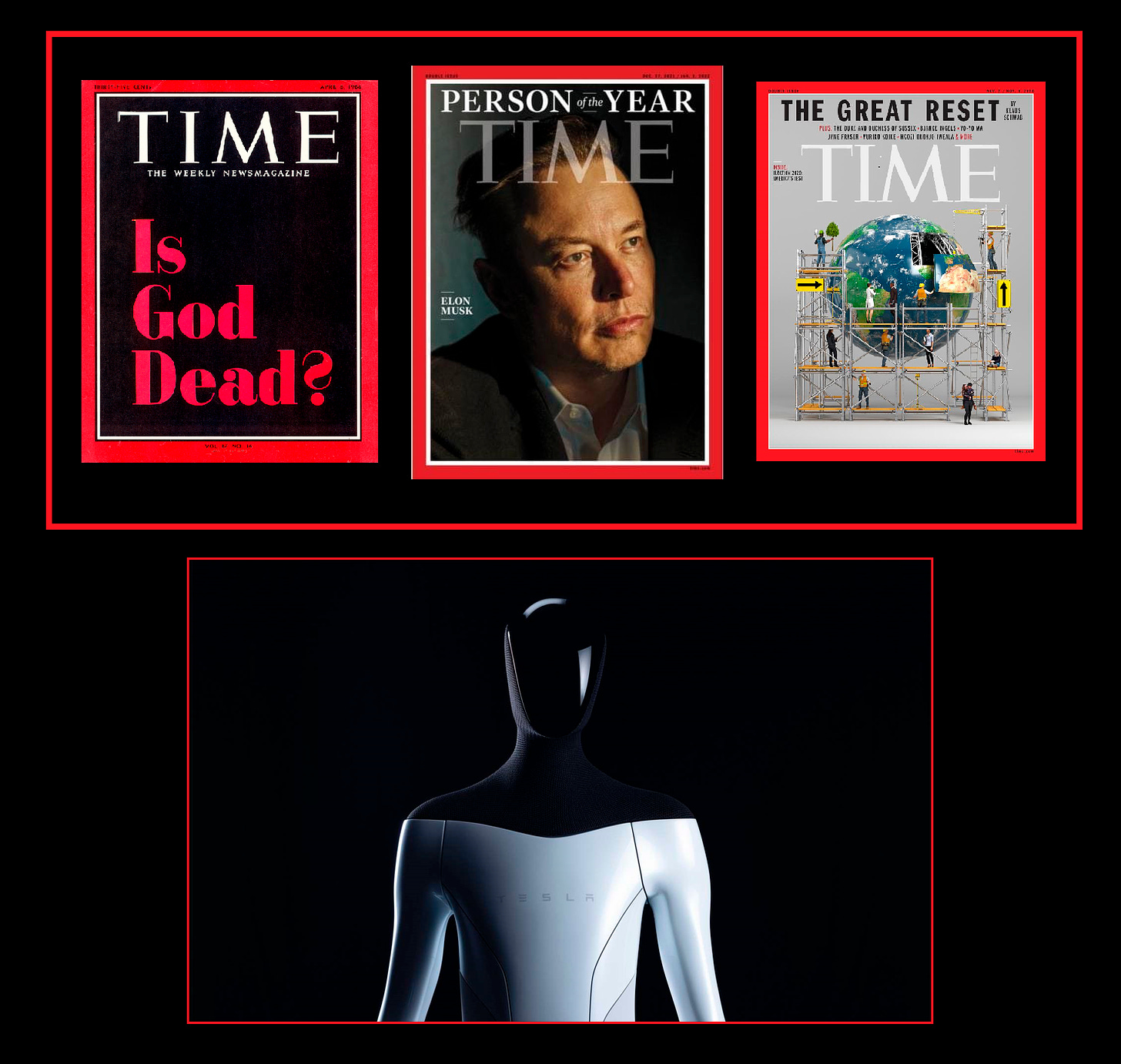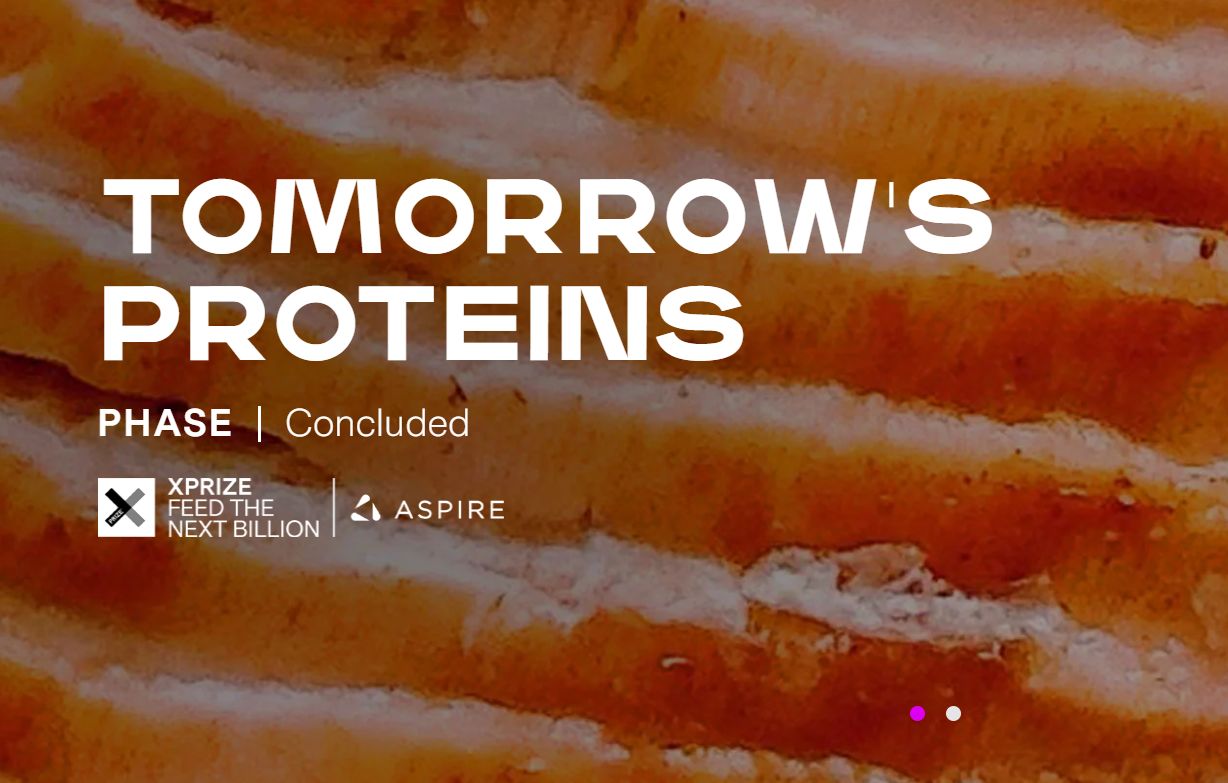Imagine a lefty billionaire telling you the greatest threat to humanity is artificial general intelligence. This out-of-control computer system will be so smart, he says, it’ll outdo our brightest nerds by orders of magnitude. It’ll be here any day now. On the upside, this moneybags has a plan to save humanity.
On the downside, his salvation means plugging your skull with computer chips, each one strung with a thousand hair-thin wires that slide into your gray matter. The billionaire tells you this dome-jack will augment your puny human intelligence. Otherwise, you risk becoming a house pet to the Super Computer God that he’s trying to develop.
You joke that you don’t believe in God, and he tells you he doesn’t either, except he’s dead serious. You ask how the world came to be, in all its complexity, and he tells you that we probably live in a computer simulation created by invisible beings. So don’t stress out. Just take the chip.
You tell him you can’t afford a good chip because his automated systems took most of the decent jobs, from manual labor to office work. You used to be a truck driver, you explain, before his autonomous semis took over the highway.
He says don’t stress out. You’ll get a universal basic income. He’ll lobby for it. You’ll own nothing, and you’ll be happy—on a dying planet. Meanwhile, he’ll be flying to Mars in a penis-shaped rocket.
Any sane person would explode with rage.
Yet no matter how many times Elon Musk says this stuff, lefties only care about his mean tweets. And across the aisle, there are guys who love his tweets so much, they’d implant a Neuralink chip just to “like” them all simultaneously.
Musk’s Megaphone Has an Echo
It’s hard to get a read on Elon Musk. When he speaks in public, his demeanor is so awkward, many don’t take him seriously. I think we should take him very seriously. His philosophy may seem foolish, but he’s no fool.
Outside of interviews, Musk’s loudest megaphone is Twitter. The man knows how to fire off a viral tweet. Last week, he got nearly half a million “likes” for tweeting, “Canadian truckers rule”—as if they’d still rule after Tesla’s autonomous trucks put them out of a job.
The roll-out of the Tesla Semi is currently delayed, but assuming self-driving vehicles become the norm—and make no mistake, that’s the plan—many (or most) truckers in that Canadian convoy will be out on their asses. If having a flawless bot behind every wheel is “inevitable,” then flesh and blood truckers should learn to code.
A 2018 report from McKinsey predicted, without sentimentality, that human truckers would likely be replaced in waves. Around 2022-25, we’ll see “platoons” of self-driving trucks, each led by a human driver. Around 2025-27, there will be fully autonomous trucks, but human drivers will be needed for certain tasks. Past 2027, there will be fleets with “driver involvement eliminated throughout the journey.”
To the extent this happens on a large scale, a trucker’s bargaining power, not to mention his ability to strangle a capital with semi trucks—or his freedom to drive anywhere, really, outside of tightly controlled digital parameters—will disappear faster than a dinosaur admiring a meteor shower.
How does Musk square this circle? He doesn’t, because he doesn’t have to. His fanboys, investors, and government partners couldn’t care less. Maybe they think Musk will send fleets of autonomous trucks to confront their political enemies. Or maybe they don’t think about it at all.
Two days ago, Musk tweeted a goofy book cover called Everyone I Don’t Like is Hitler. He added the caption, “So many Hitlers!”
Ya see that? Totally anti-PC. The edgy voice of the New Normal.
Later that day, he tweeted Tesla’s official “2022 Happy Chinese New Year” graphic, presumably aimed at his partners in China, where half his vehicles are made. How would the CCP respond to a trucker convoy descending on Beijing to protest vaxx mandates or lockdowns?
What does the CCP do to the “Hitlers” they don’t like?
“China rocks in my opinion,” Musk gushed to the Daily Drive last summer, “whereas I see in the United States increasingly much more complacency and entitlement.” A few months earlier, he had assured America’s greatest rival, “I’m very confident about Tesla’s future in China. … The Chinese economy I think can do extremely well over the next decade and will become the biggest economy in the world.”
In early January, when Tesla came under fire for opening a showroom in China’s Xinjiang region—where Uyghur dissidents are herded off to re-education camps to make way for the Fourth Industrial Revolution—a few tech bros were outraged for about five minutes before going back to admiring Elon’s new Starlink satellites launching into orbit.
I bet a lot of these guys would take a Pi Trode to the dome—even if it’s made in China.
Musk Bots on the Make
Every civilization is guided by grand narratives. These stories often emerge on the fringe, later making their way up the pyramid by way of wealthy and powerful men. That pattern holds with Christianity, Judaism, Islam, and Buddhism, and it appears to be true of Transhumanism™.

After being named TIME magazine’s “Transhuman of the Year,” Elon Musk has channeled his energy toward developing a spindly robotic slave, Optimus, whose prototype looks like a nutless Buck Rogers with a shiny surveillance camera for a head. Musk believes that, come the revolution, all labor will be performed by such creatures.
“[L]ong-term, there will need to be universal basic income,” Musk said last summer at the Tesla Bot’s unveiling. His employees were audibly thrilled. “Essentially, in the future, physical work will be a choice. If you wanna do it, you can, but you wouldn’t need to do it.”
During an earnings call last week, Musk told Tesla investors, “So in terms of priority of products, I think actually the most important product development we’re doing this year is actually the Optimus humanoid robot.” Looking ahead, the union-bashing CEO sees big things shaking.
“If you think about the economy, the foundation of the economy is labor. Capital equipment is distilled labor. So what happens if you don’t actually have a labor shortage?” Sidestepping the obvious answer—that the working class would have zero value or bargaining power—Musk pondered aloud, “I’m not even sure what an economy means at that point. That’s what Optimus is about.”
It’s also about creating artificial general intelligence. Apparently, Musk is no longer afraid. Back in 2014, he cautioned an MIT symposium, “With artificial intelligence, we are summoning the demon. You know all those stories where there’s the guy with the pentagram and the holy water and he’s like… yeah, he’s sure he can control the demon, [but] it doesn’t work out.”
A few years later, Musk warned Joe Rogan’s audience, “We will not be able to hold a candle to AI. … We’re building, progressively, greater intelligence. And the percentage of intelligence that is not human is increasing. And eventually we will represent a very small percentage of intelligence. One thing’s for sure, we will not control it.”
Naturally, this digital beast will have a ravenous appetite for data. In the worst case scenario, it’ll also have a brutal will to power—or be controlled by a person who does.
Fast forward to last January, and Musk is tweeting, “Tesla AI might play a role in AGI, given that it trains against the outside world, especially with the advent of Optimus.” You see, while Tesla cars scan the outside world, Tesla bots will scan human lives indoors. Both will send that digital slop back to Tesla’s data centers, where algorithmic swine can slurp it up and fart out useful patterns.
Eventually, all this AI-powered “capital equipment” will be deployed in offices, labs, classrooms, and courtrooms—so brainy jobs will be swept aside, too.
“AI will make jobs kind of pointless,” Musk assured the World Artificial Intelligence Conference in Shanghai back in 2019—a few months before the Wuhan virus left a billion people unemployed. “Probably the last job that will remain will be writing AI software, and then eventually the AI will just write its own software.” With the extraterrestrial Jack Ma fidgeting beside him, Musk gazed upward and imagined a world controlled by a Super Computer God.
“We’re gonna have to figure out this Neuralink situation,” he mused, “otherwise we will be left behind.” The only way to keep up with artificial intelligence, believes the richest man in the world, is to fuse our brains to it.
By the end of this year, Musk hopes to have the first Neuralink chips implanted in human heads. At first, this brain-computer interface will allow quadriplegics to control digital devices, such as their smartphones.
Over the long haul, Musk figures that anybody who’s anybody will want one. After all, if Tesla succeeds in creating an AI Computer God—or if Google does, or Facebook, or Microsoft, or Baidu, or Alibaba—any human without a brain trode risks becoming a “house cat” to the gods. Or maybe fuel.
Those who do take a brain trode, assuming they can afford one, will gain divine insight into a supreme intelligence. Whoever translates the deity’s voice shall become its priest.
The Wirehead Generation
Some people say these tech rants are irrelevant, and if you’re lucky, maybe they are. Any person who’s heard Bill Gates do his vaxx führer bit, or Eric Schmidt go gaga over AI warfare, or Mark Zuckerberg blast off into the Metaverse, or Jeff Bezos talk about colonizing space and turning Earth into a planetary national park—anyone who can hear these fever dreams and say, “It don’t affect me none,” is either finding a lot of four-leafed clovers, or manages to avoid smartphones and Wal-Mart self-checkouts.
The Future, Inc. is already here.
Tech oligarchs are so well insulated, it doesn’t matter if the vaxx is a dud, or if AI thinks like a disembodied autist, or if every phallic starship droops back to earth. Corporate culture steers common culture. It infects the mind like plastic prions. In that sense, it doesn’t matter if their dreams actually come true, so long as the masses believe and comply.
On the other hand, a lot of their gadgets really do work. Technology evolves rapidly these days, and it will only accelerate.
If you’re old enough to remember when TV-drenched couch potatoes mutated into slouched PC junkies, you know what I’m talking about. Consider the sudden explosion of smartphone addicts over the last decade, with digital natives gazing at the luminous black eye from cradle to grave. Suddenly, it’s easy to imagine that Musk-worship will give way to a Wirehead Generation.
If kids will dye their hair pink and tattoo Chinese characters on their cheeks, they’ll pay good money for a brain implant. The truth is, we’re on the cusp of a devastating transition—devised by madmen—and no goofy tweet could ever make me forget that.
FOLLOW — Twitter: @JOEBOTxyz | — | FOLLOW — Gettr: @JOEBOTxyz
Read Joe Allen’s blog at Singularity Weekly.
Source link
Author Editor






